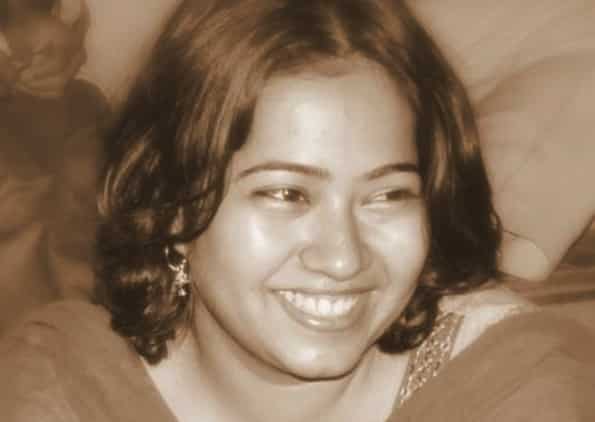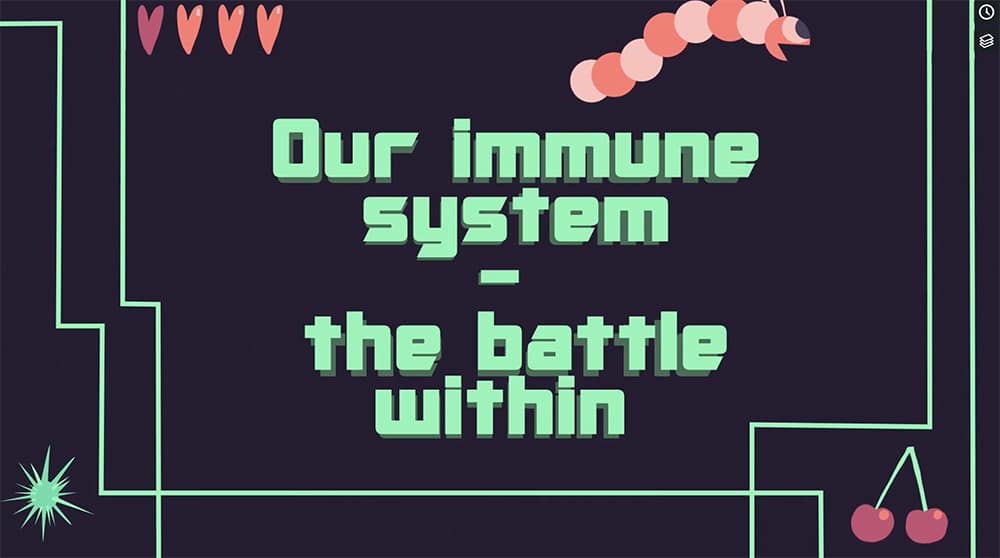Mukta Deobagkar
Cellular Immunologist
immune system fights back. This process seemed to me almost like a finely orchestrated game of wits! I went on to do my PhD in immunology from the Indian Institute of Science in Bangalore, India. Here, I studied the immune consequences of infection by Salmonella, a microbe that can cause a multitude of diseases from food poisoning and diarrhea to typhoid and even sepsis. Here, I was also exposed to the other side of the coin: our body’s defensive immune responses, if not properly controlled, can have really detrimental effects such as autoimmunity, inflammation and septic shock, etc.
I joined the Cornall lab at the University of Oxford in 2013 and have had great fun studying the mechanisms and signals that allow our immune system to respond to a challenge. In particular, we work with B cells, which can make antibodies against foreign agents and can establish immunological memory. Although these antibodies are usually protective, they can sometimes be pathogenic, making it quite important to understand the mechanisms that allow a fine balance between protective and destructive responses.
After you have seen our video: ‘Our immune system – the battle within’ (link), you can get even more information in the ‘Science Behind’ section (link) and at our lab webpage (https://www.ccmp.ox.ac.uk/cornall-group).



